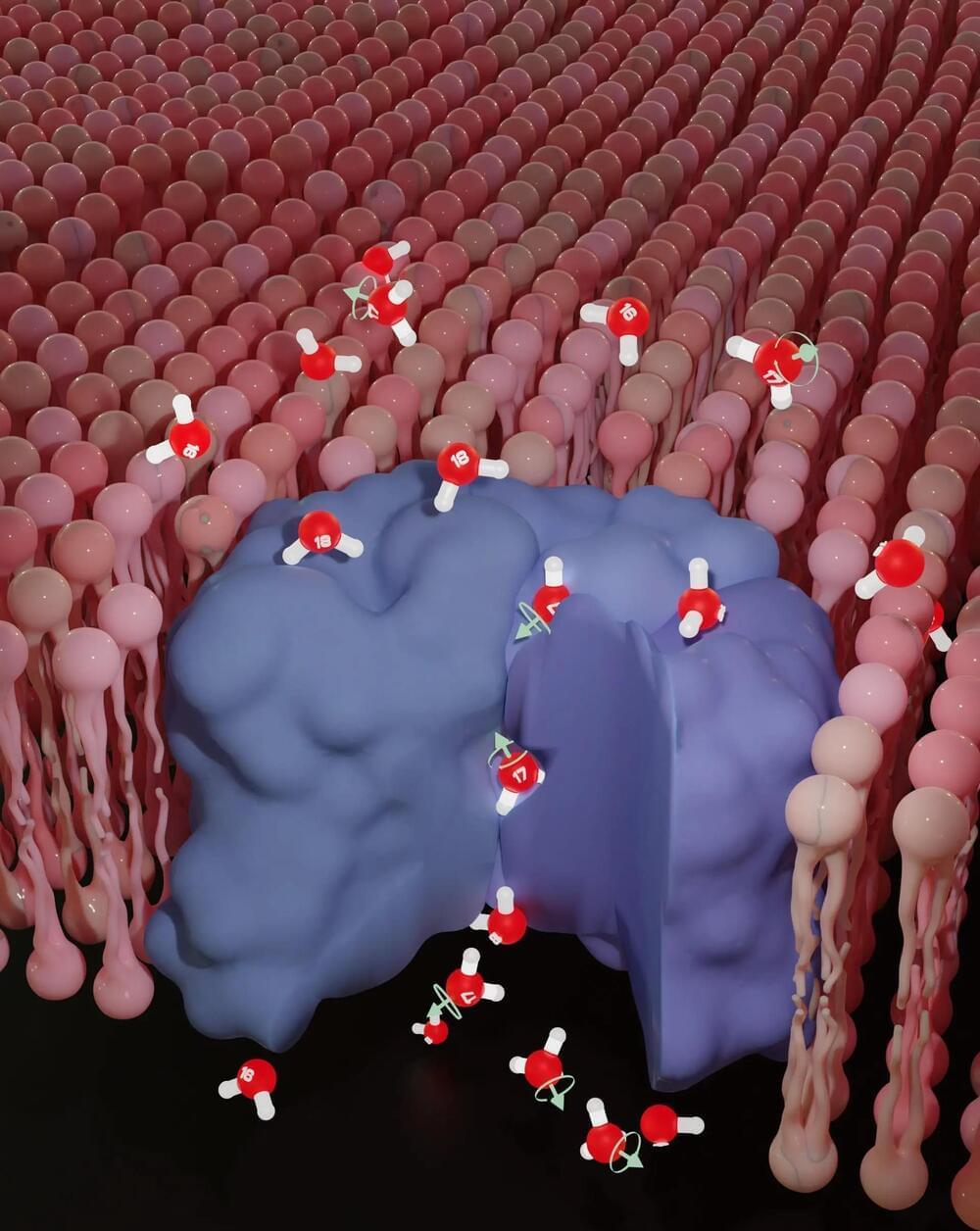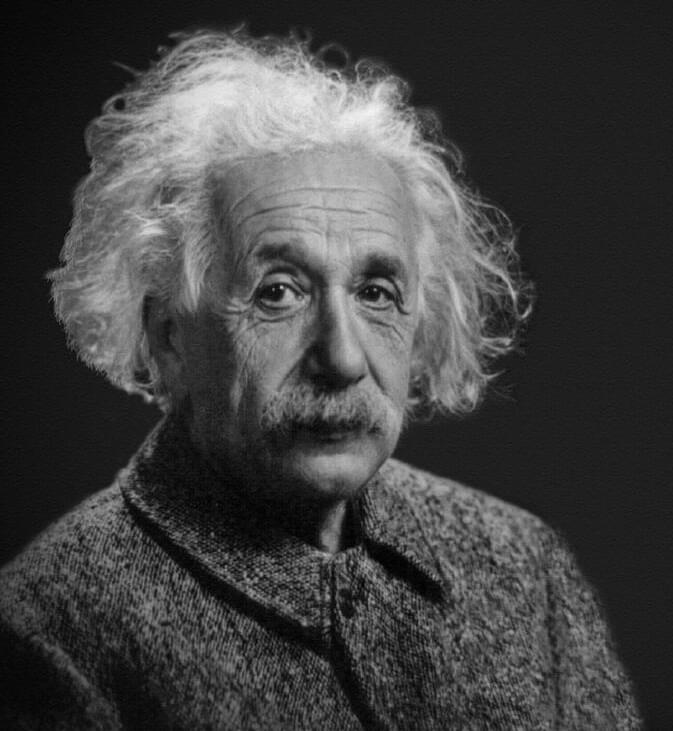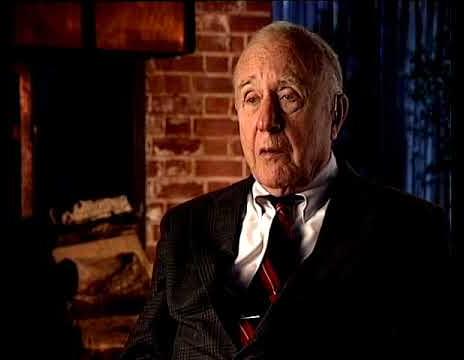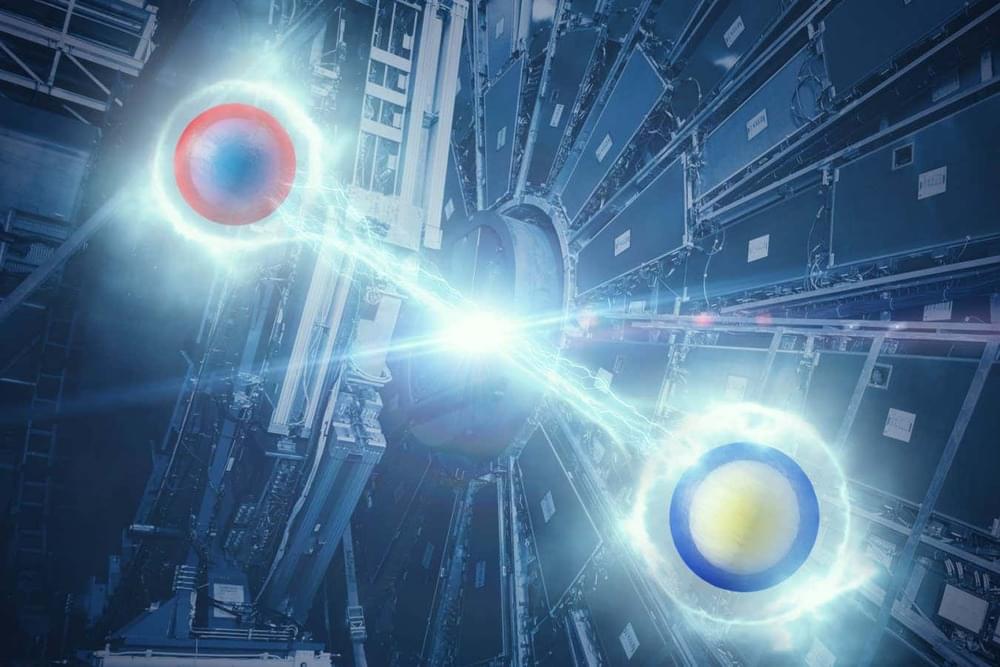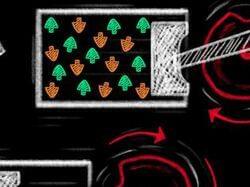Oct 10, 2023
Challenging Long-Held Assumptions: New Research Reveals How Nuclear Spin Impacts Biological Processes
Posted by Dan Breeden in categories: biotech/medical, quantum physics
A research team led by Prof. Yossi Paltiel at the Hebrew University of Jerusalem with groups from HUJI, Weizmann, and IST Austria recently conducted a study unveiling the significant influence of nuclear spin on biological activities. This discovery challenges long-held assumptions and opens up exciting possibilities for advancements in biotechnology and quantum biology.
Scientists have long believed that nuclear spin had no impact on biological processes. However, recent research has shown that certain isotopes behave differently due to their nuclear spin. The team focused on stable oxygen isotopes (16O, 17O, 18O) and found that nuclear spin significantly affects oxygen dynamics in chiral environments, particularly in its transport.
